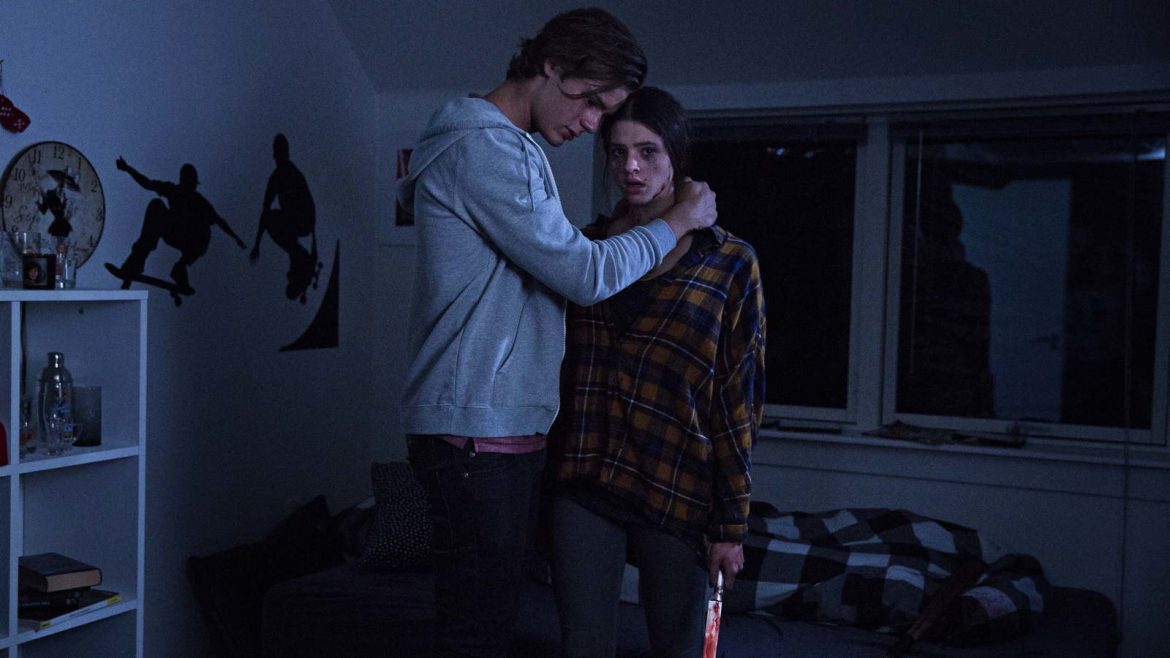There is, generally speaking, no more appropriate time for a zombie movie than October, and the Danish What We Become, new to Netflix this week, is a worthy genre entry.
Writer/director Bo Mikkelsen borrows liberally from sources both past and current — “The Walking Dead” is an obvious contemporary comparison, even as What We Become draws on paranoid pandemic classics from Day of the Dead to 28 Days Later — but fashions something unique. Gore-hounds will probably mostly thrill to the film’s gruesome climax, but What We Become is actually strongest in the first section, when more attention is paid to the suburbanite self-assurance and teenage ennui of the protagonists than the inevitable viscera.
 Clocking in at only 85 minutes, What We Become proceeds confidently, from bucolic neighborhood to creeping infection to jackbooted government agents to full-scale chaos. If the plot beats are familiar to anyone who’s seen a zombie movie, there is still a sufficient amount of tension and strong performances all around.
Clocking in at only 85 minutes, What We Become proceeds confidently, from bucolic neighborhood to creeping infection to jackbooted government agents to full-scale chaos. If the plot beats are familiar to anyone who’s seen a zombie movie, there is still a sufficient amount of tension and strong performances all around.
The overarching issue in What We Become is not “Who will get sick?” but, like Romero’s seminal Night of the Living Dead, the much more interesting “How do we respond to catastrophe?” As it turns out, there is as much to fear from each other indoors as from the boundary-blurring monstrosities banging on the window. Mikkelsen’s treatment of the teenage lovers is particularly affecting (young Gustav has a poster on his wall that reads, in English, “I will not change!”, a typically angsty sentiment that elicits a smile in context), and the fears of both parents and children are effectively mined.
What We Become doesn’t break too much new ground, but it’s an often frightening look into the undead abyss.
Quick Links
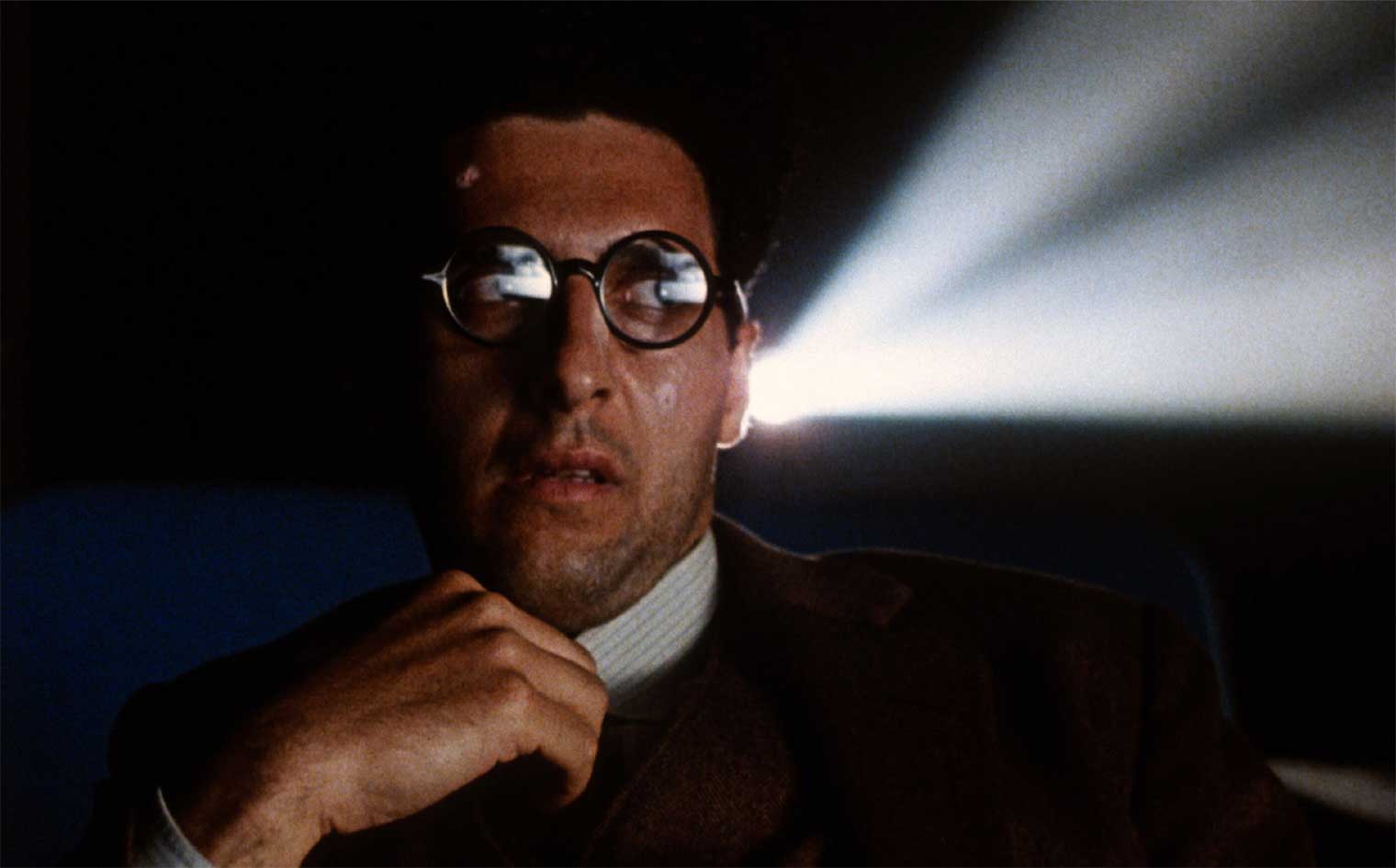
Barton Fink: The most explicitly nightmarish film in the Coen Brothers’ catalog, Barton Fink is anchored by masterful performances from John Turturro and John Goodman, but generously rounded out on all sides by a notable supporting cast. (Special mention should go to the late Jon Polito, hilariously selling his studio hack Lou Breeze.)
Based loosely on the real-life struggles of Clifford Odets, Turturro’s titular character is a self-proclaimed artiste toiling in the bowels of Hollywood, imagining himself a socially conscious poet of the working class while saddled with cranking out wrestling pictures he thinks are beneath him.
The Coens’ cynicism is in full effect, deploying a story about writer’s block to examine the tension between art and commerce, idealism and delusion. And Goodman’s avenging angel — a Regular Guy who comes to represent all the lies Barton has been telling himself about the common man — remains a terrifyingly surreal intrusion into the real. This is the Coens by way of David Lynch, and it’s entirely effective.
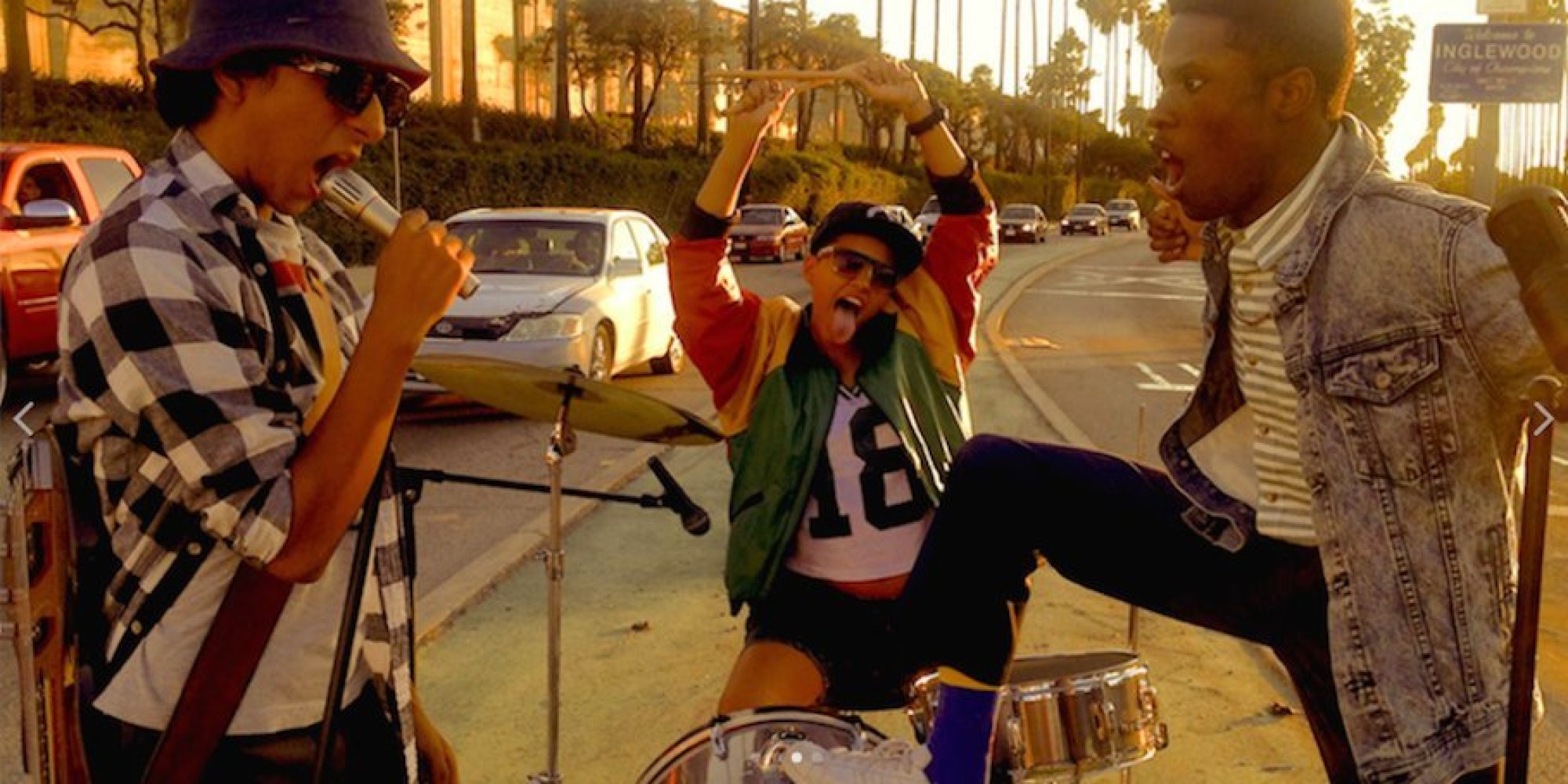
Dope: Rick Famuyiwa‘s L.A. story is many things at once — outcast narrative, chase film, teenage melodrama leavened with comic touches. The pieces don’t all fit, but there’s a lot to like here. Dope is nothing if not ingratiating, and Shameik Moore is a compelling leading man.
Moore’s Malcolm and his pals Jib (Tony Revolori) and Diggy (Kiersey Clemons) are 80s-obsessed, punk-rock-loving nerds growing up in modern-day Inglewood, as out of place and time as their clothes and fondness for analog technology. An accident of circumstance puts them in possession a bunch of molly, a gun, and a cellphone they really don’t want. As in any classic wrong place-wrong time narrative, we spend the rest of the film watching them try to figure out what happened and how they can get out of the mess.
As writer, Fumuyiwa draws out the tale admirably, and as director, he infuses Dope with a kinetic energy to match the events. It’s arguably too much all at once, and the crowd-pleasing finale doesn’t exactly feel earned, but it’s a fun ride all the same.
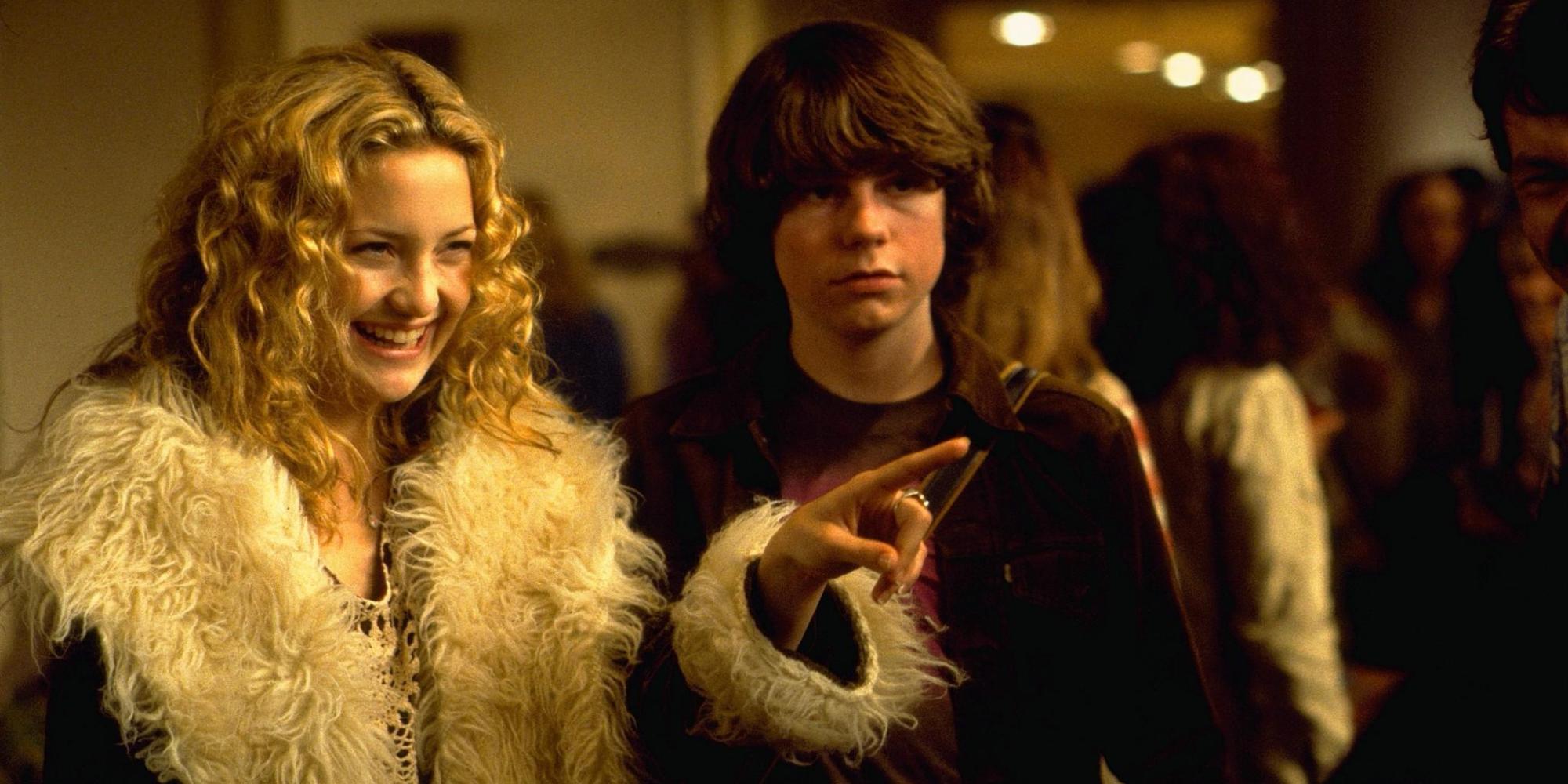
Almost Famous: Cameron Crowe is the one that got away. Say Anything remains dearly beloved by those with a soft spot for John Cusack (and a cautionary tale for the rest of us, who generally dislike the notion of showing up at someone’s house and creepily blasting boomboxes at them), but the We Bought A Zoo / Aloha one-two punch hasn’t done his legacy a lot of good.
Almost Famous, however, remains almost entirely lovable. A tale of hope, disillusionment, and rock n’ roll, Crowe tapped into his own experiences as a young journalist at Rolling Stone and crafted something honest out of them. The film also features one of the ultimate movie-stealing turns from the late, lamented Philip Seymour Hoffman. To this day, when I think of Almost Famous, I imagine his version of Lester Bangs is the main character. It was never true, but it’s one of those fictions that creeps into your head after a while.
As long as people are dropping film quotes, Hoffman’s telephone call with Crowe stand-in William Fugit will live on:
Lester Bangs: Aw, man. You made friends with them. See, friendship is the booze they feed you. They want you to get drunk on feeling like you belong.
William Miller: Well, it was fun.
Lester Bangs: They make you feel cool. And hey. I met you. You are not cool.
William Miller: I know. Even when I thought I was, I knew I wasn’t.
Lester Bangs: That’s because we’re uncool. And while women will always be a problem for us, most of the great art in the world is about that very same problem. Good-looking people don’t have any spine. Their art never lasts. They get the girls, but we’re smarter.
William Miller: I can really see that now.
Lester Bangs: Yeah, great art is about conflict and pain and guilt and longing and love disguised as sex, and sex disguised as love… and let’s face it, you got a big head start.
William Miller: I’m glad you were home.
Lester Bangs: I’m always home. I’m uncool.
William Miller: Me too!
Lester Bangs: The only true currency in this bankrupt world is what you share with someone else when you’re uncool.
William Miller: I feel better.
Lester Bangs: My advice to you. I know you think those guys are your friends. You wanna be a true friend to them? Be honest, and unmerciful.
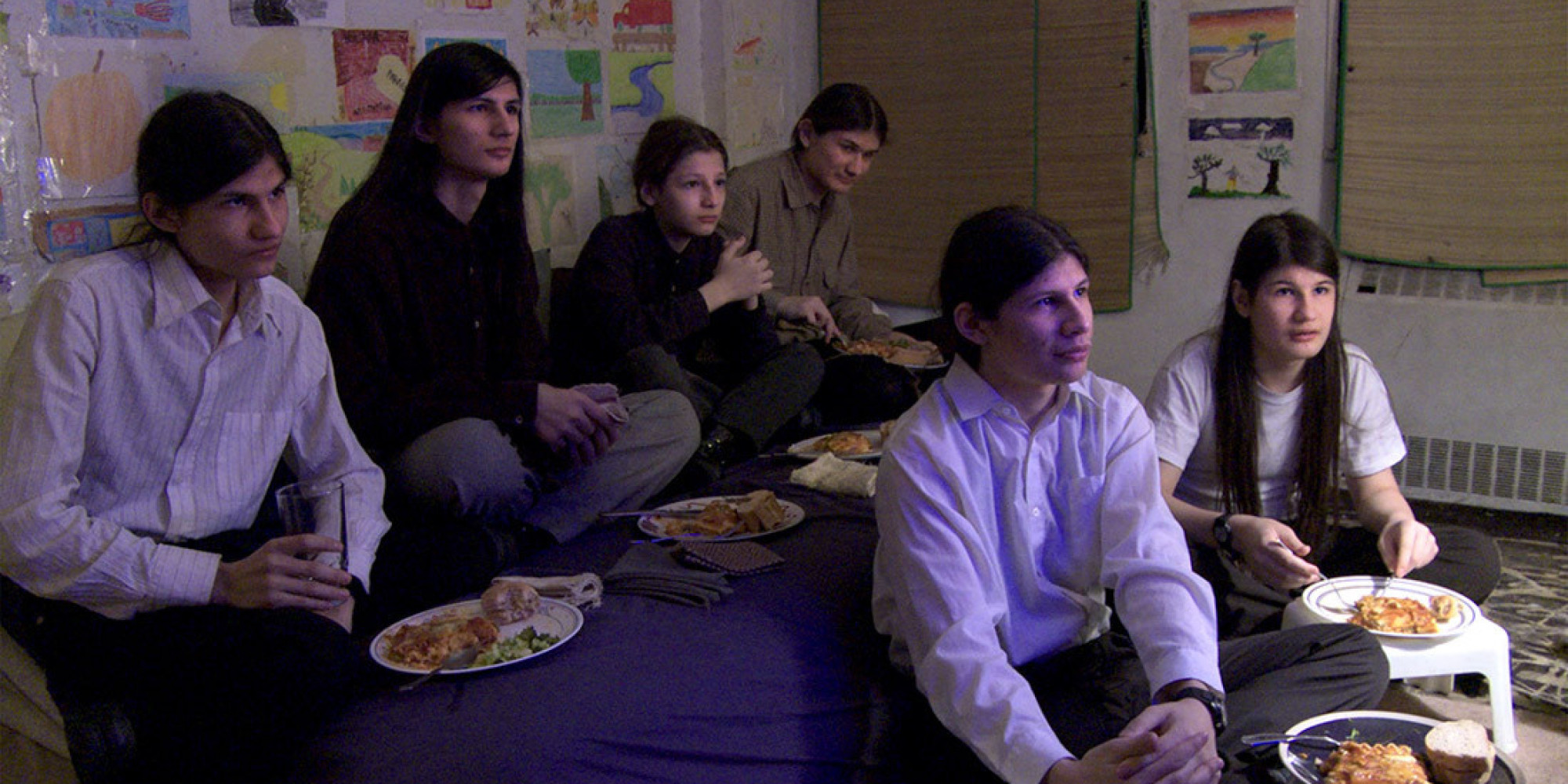
The Wolfpack: Crystal Moselle’s portrait of the Angulo brothers — raised by a paranoid tyrant of a father, essentially locked inside for most of their childhoods, and processing the unknown world beyond their apartment through cinema — made a huge splash upon its release. This was immediately followed by questions about access and the veracity of its telling, an age-old issue for documentarians.
Still, the film is wonderfully constructed and its story really is amazing. Moselle uses the Angulo’s experience to examine the ways we mediate our lives through images and performance, even if just for each other. The drama of these lives is fully visible on screen, and the ideas the film grapples with linger long after it’s over.

